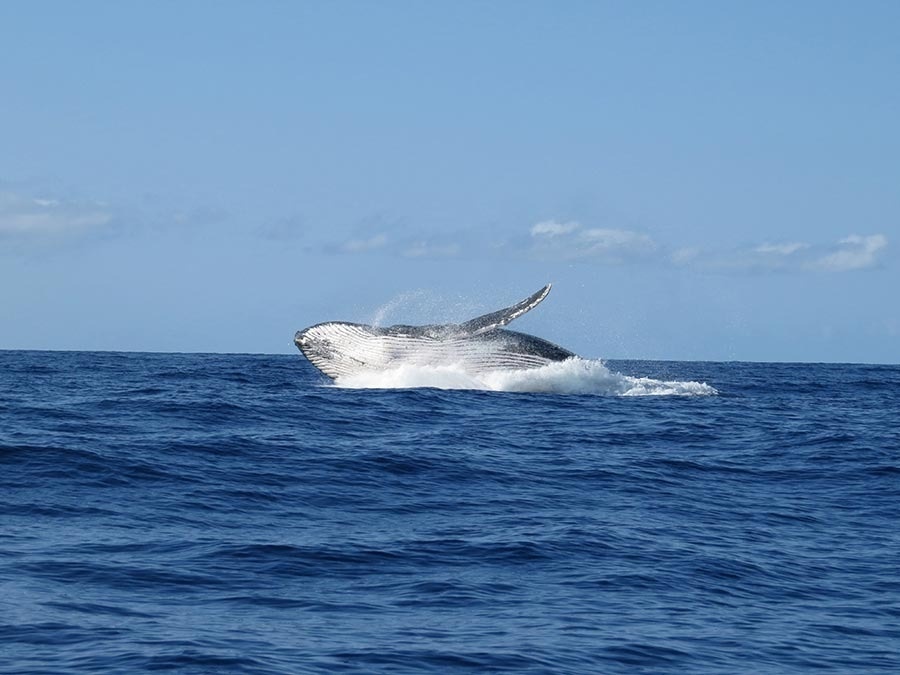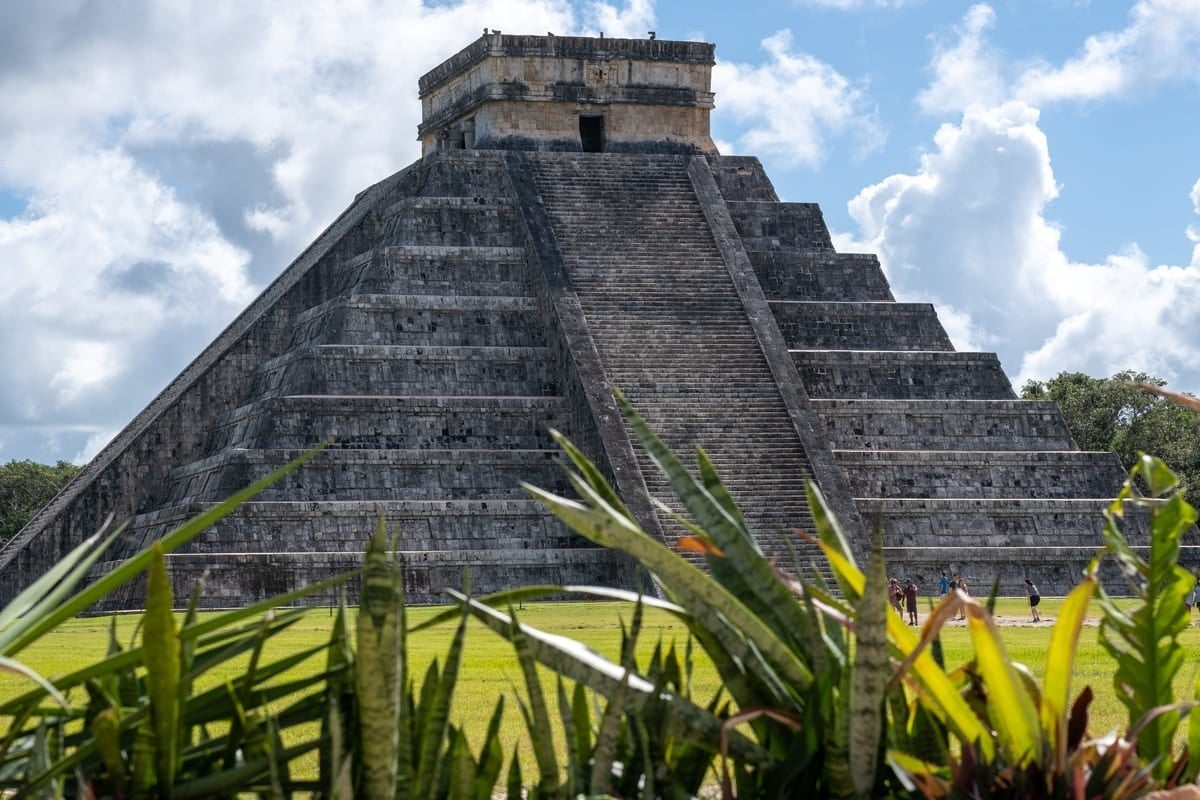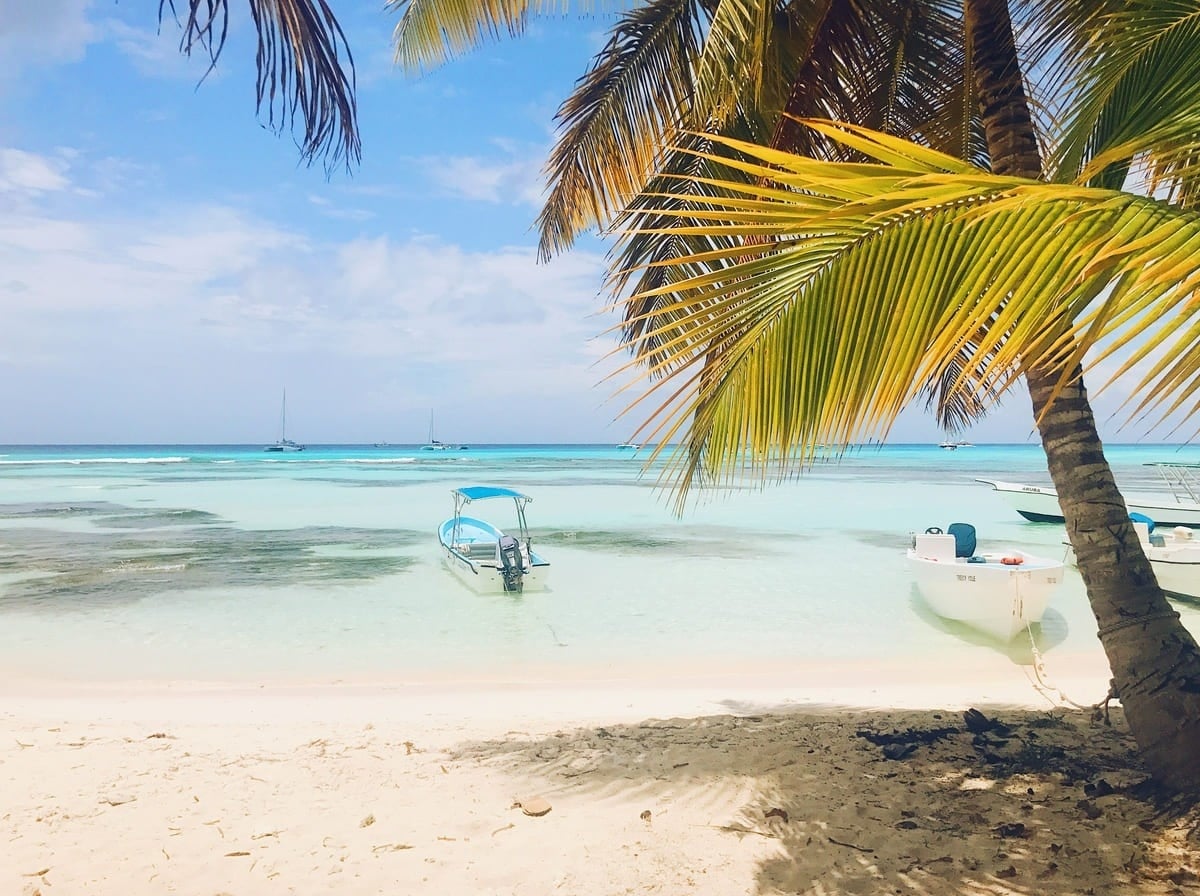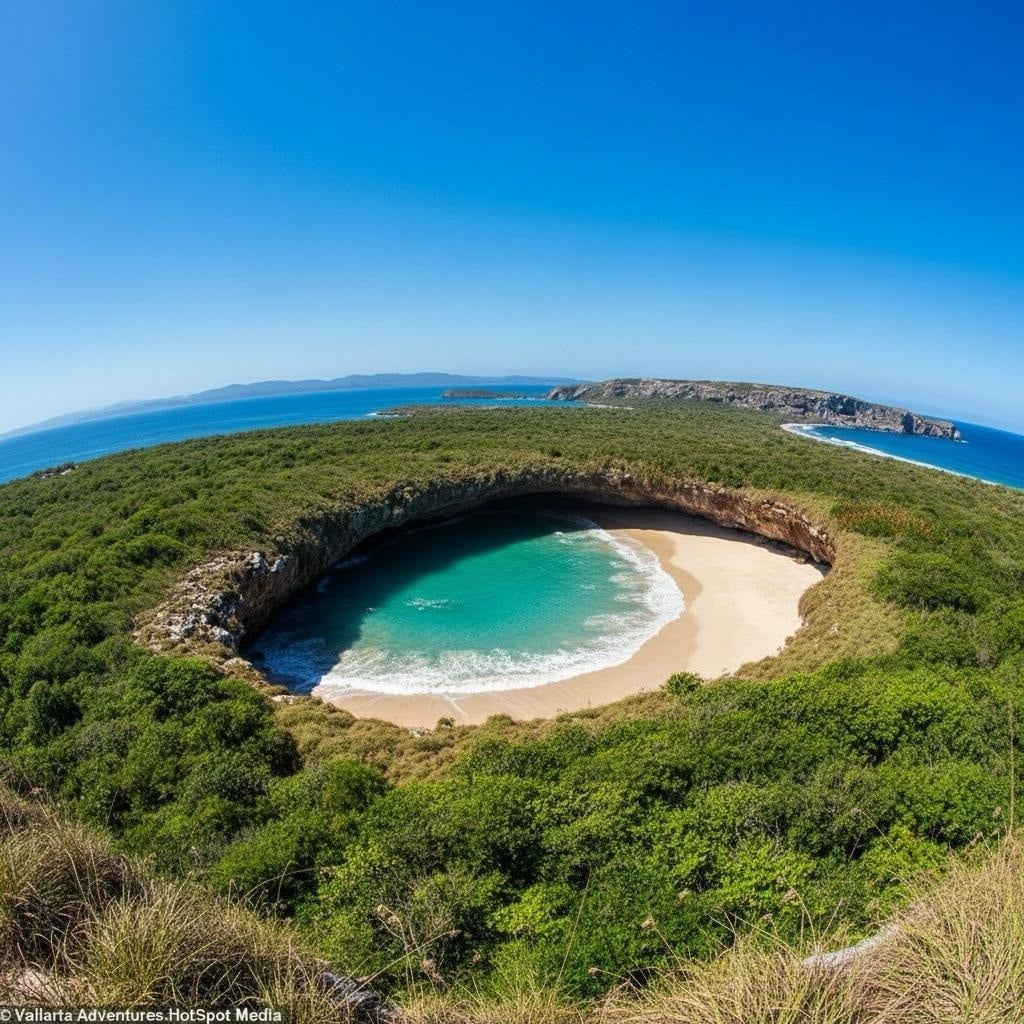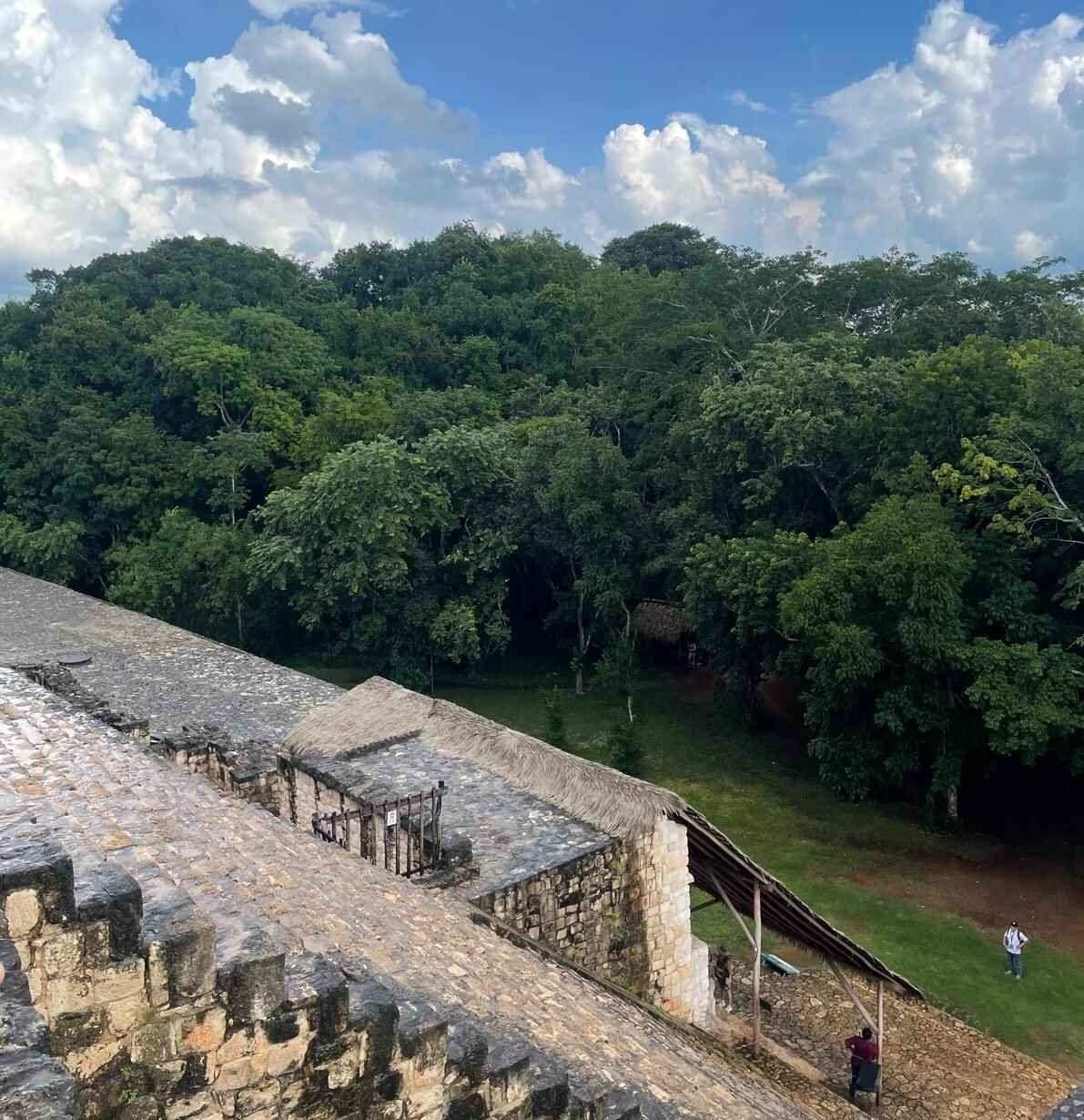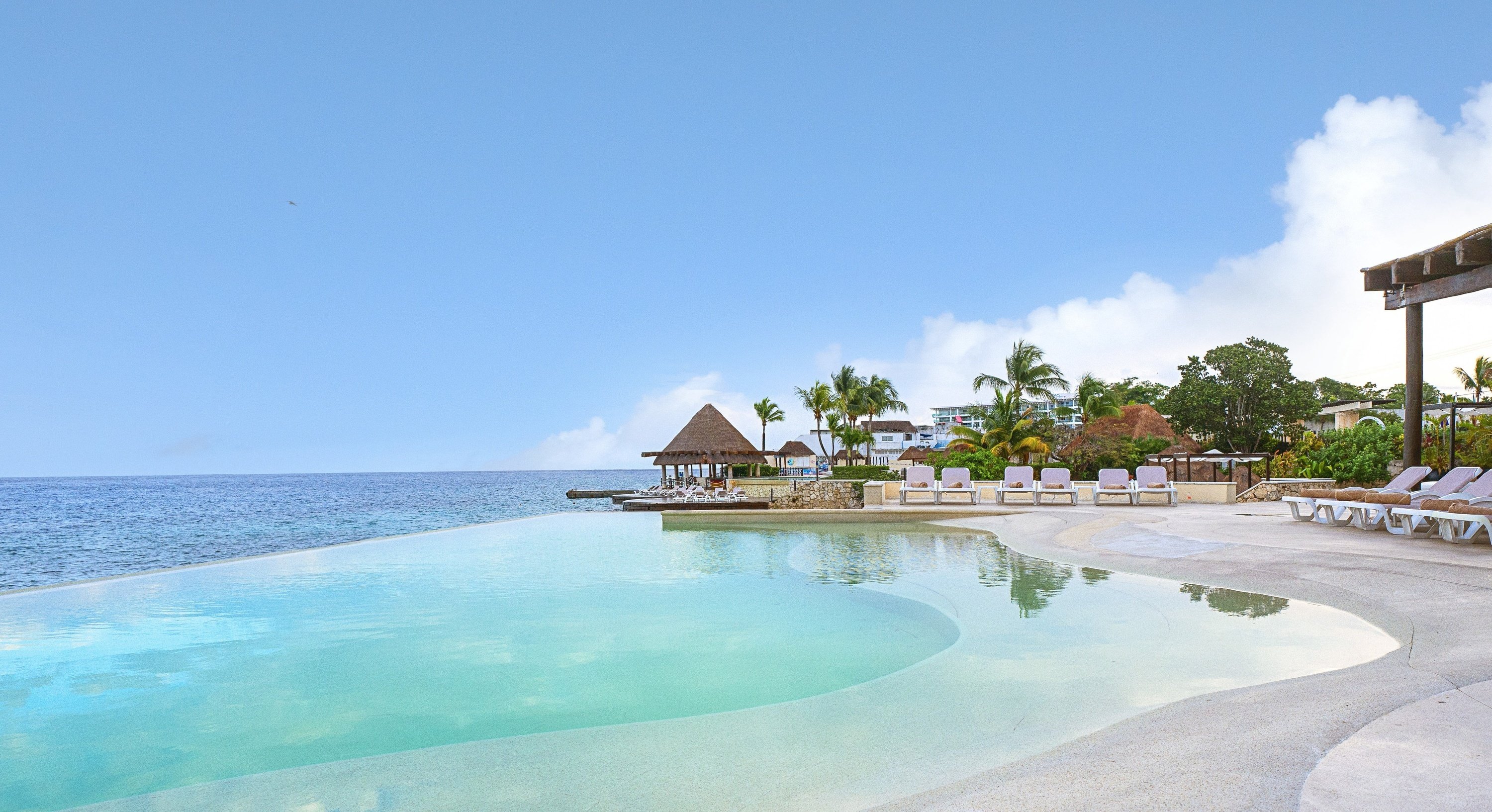Whale watching in Los Cabos: 2025 guide to the ultimate ocean experience
Entertainment 21/07/2025
Witness majestic whales up close in Los Cabos. Find out the best time, tours and tips for an unforgettable marine adventure.
Each year, the warm waters of the Sea of Cortez and the Pacific Ocean become the perfect stage for a unique natural event: the migration of whales to the coast of Baja California Sur. Los Cabos is one of the best places in the world to see them up close, and the 2025 season promises unforgettable moments for travelers from around the globe.
The official whale watching season runs from mid-December to April. However, the best months to enjoy this experience are January, February, and March, when the whales are most active and the weather conditions are ideal for boat tours.
During this time, various species, including humpback, gray, blue whales, and even orcas, migrate from the cold Arctic waters to the warm, protected bays of Baja California to mate and give birth. Every year hundreds of whales travel thousands of kilometers to feed and reproduce, their migration helps ensure the health of the oceans, according to environmental organizations such as WWF. These colossal animals arrive to the coasts of the peninsula and make it their habitat during this season. On average, a whale can give birth to one calf and the gestation time is 12 months, so the calves are conceived and born in these same waters. This journey of thousands of kilometers turns the region into a natural sanctuary, ideal for ecotourism.
And if this has already encouraged you, it is important to mention that, if you want to experience this spectacle, it is best to hire one of the authorized whale watching tours. Some whale watching tours even have a hydrophone so you can listen to their songs. Amazing! Don't you think?
Tours usually depart from Cabo San Lucas and San José del Cabo, lasting between 2 and 3 hours. They are led by marine biologists or certified captains who share insights about the species, their behaviors, and their migration process. In addition to watching breaches, fin slaps, and tails emerging from the water, many tours feature underwater audio equipment that lets you listen to the whales singing in real time.
Several companies offer a variety of options, from small boats to glass-bottom vessels, ideal for families with children or anyone looking for a more relaxed experience. It’s highly recommended to book in advance, as spots fill up quickly during peak season.
Although there is not an exact number, hundreds of travelers who have visited this area during the whale watching season report that they have seen from 4 to 6 whales per day along Los Cabos coasts which are visible not only on board the small tourist boats that you can rent in the area, but also thanks to the eye of drones that fly over this amazing spectacle.
In addition, the color of the water is perfect to contemplate them from every angle. The species that can be found most often are the humpback whales. They are dark-colored and quite friendly. The atmosphere that you can feel is very familiar, as they play among themselves with the calves that are born in the Mexican waters.
You can also find whale sharks, which can begin to be sighted in October, as well as gray whales, a species that tends to nest near the coast and it is possible to watch them without having to go into the sea.
The best time to see whales in Los Cabos is in the morning, which is the time when humpback whales feed in groups and congregate with calves. Towards the middle of the day, the cetaceans' swimming activity increases, so they can be found in deeper waters.
Whale watching in Los Cabos has become one of the most popular tourist activities, not only because of the spectacle itself, but also thanks to the sustainable approach adopted by many tour operators. Thanks to strict regulations and responsible practices, this activity supports marine conservation and raises awareness about respecting wildlife.
It’s important to choose certified tours that follow guidelines, such as maintaining a safe distance from the animals and avoiding any interference in their behavior. This way, you’ll enjoy a safe, ethical, and educational experience.
If you want to enjoy the season at your own pace and with all the comforts, staying at Park Royal Homestay Los Cabos is a great choice. Strategically located in San José del Cabo, the hotel gives you easy access to the main tour departure points, while offering a peaceful atmosphere to relax after a day at sea.
This hotel is designed for extended stays, offering a spacious, comfortable, and fully equipped environment that makes you feel at home. Whether traveling as a couple or with family, you’ll have everything you need to relax, cook your meals, or simply unwind on the terrace.
Enjoy the magic of the sea in Los Cabos!
Each year, the warm waters of the Sea of Cortez and the Pacific Ocean become the perfect stage for a unique natural event: the migration of whales to the coast of Baja California Sur. Los Cabos is one of the best places in the world to see them up close, and the 2025 season promises unforgettable moments for travelers from around the globe.
When to see whales in Los Cabos
The official whale watching season runs from mid-December to April. However, the best months to enjoy this experience are January, February, and March, when the whales are most active and the weather conditions are ideal for boat tours.
During this time, various species, including humpback, gray, blue whales, and even orcas, migrate from the cold Arctic waters to the warm, protected bays of Baja California to mate and give birth. Every year hundreds of whales travel thousands of kilometers to feed and reproduce, their migration helps ensure the health of the oceans, according to environmental organizations such as WWF. These colossal animals arrive to the coasts of the peninsula and make it their habitat during this season. On average, a whale can give birth to one calf and the gestation time is 12 months, so the calves are conceived and born in these same waters. This journey of thousands of kilometers turns the region into a natural sanctuary, ideal for ecotourism.
And if this has already encouraged you, it is important to mention that, if you want to experience this spectacle, it is best to hire one of the authorized whale watching tours. Some whale watching tours even have a hydrophone so you can listen to their songs. Amazing! Don't you think?
What to expect on a whale watching tour
Tours usually depart from Cabo San Lucas and San José del Cabo, lasting between 2 and 3 hours. They are led by marine biologists or certified captains who share insights about the species, their behaviors, and their migration process. In addition to watching breaches, fin slaps, and tails emerging from the water, many tours feature underwater audio equipment that lets you listen to the whales singing in real time.
Several companies offer a variety of options, from small boats to glass-bottom vessels, ideal for families with children or anyone looking for a more relaxed experience. It’s highly recommended to book in advance, as spots fill up quickly during peak season.
How many whales can you see in Los Cabos?
Although there is not an exact number, hundreds of travelers who have visited this area during the whale watching season report that they have seen from 4 to 6 whales per day along Los Cabos coasts which are visible not only on board the small tourist boats that you can rent in the area, but also thanks to the eye of drones that fly over this amazing spectacle.
In addition, the color of the water is perfect to contemplate them from every angle. The species that can be found most often are the humpback whales. They are dark-colored and quite friendly. The atmosphere that you can feel is very familiar, as they play among themselves with the calves that are born in the Mexican waters.
You can also find whale sharks, which can begin to be sighted in October, as well as gray whales, a species that tends to nest near the coast and it is possible to watch them without having to go into the sea.
The best time to see whales in Los Cabos is in the morning, which is the time when humpback whales feed in groups and congregate with calves. Towards the middle of the day, the cetaceans' swimming activity increases, so they can be found in deeper waters.
A responsible and respectful experience
Whale watching in Los Cabos has become one of the most popular tourist activities, not only because of the spectacle itself, but also thanks to the sustainable approach adopted by many tour operators. Thanks to strict regulations and responsible practices, this activity supports marine conservation and raises awareness about respecting wildlife.
It’s important to choose certified tours that follow guidelines, such as maintaining a safe distance from the animals and avoiding any interference in their behavior. This way, you’ll enjoy a safe, ethical, and educational experience.
Where to stay for the best experience
If you want to enjoy the season at your own pace and with all the comforts, staying at Park Royal Homestay Los Cabos is a great choice. Strategically located in San José del Cabo, the hotel gives you easy access to the main tour departure points, while offering a peaceful atmosphere to relax after a day at sea.
This hotel is designed for extended stays, offering a spacious, comfortable, and fully equipped environment that makes you feel at home. Whether traveling as a couple or with family, you’ll have everything you need to relax, cook your meals, or simply unwind on the terrace.
Enjoy the magic of the sea in Los Cabos!



